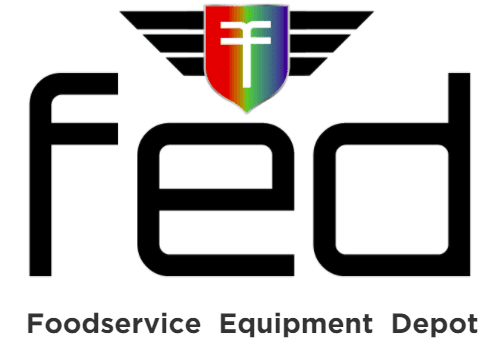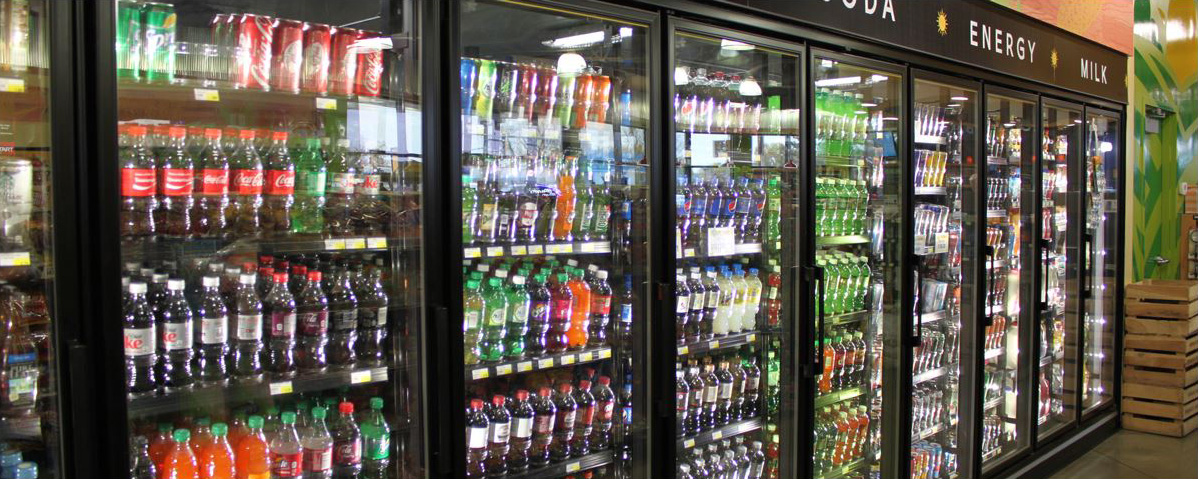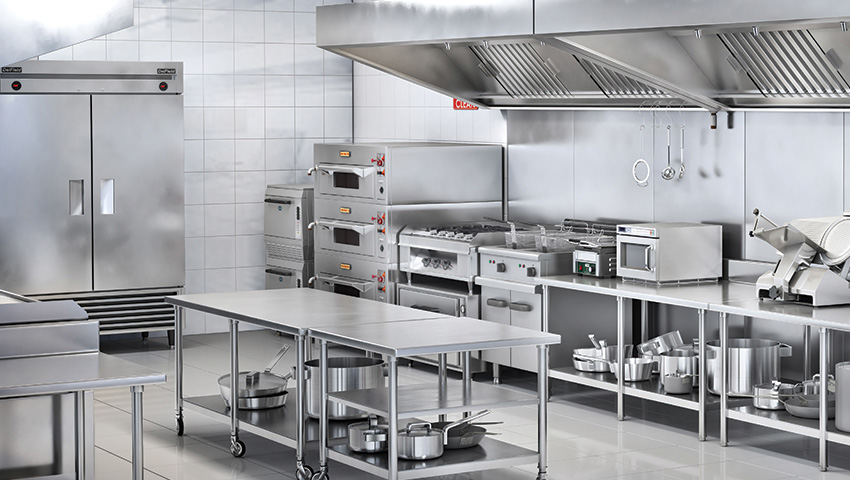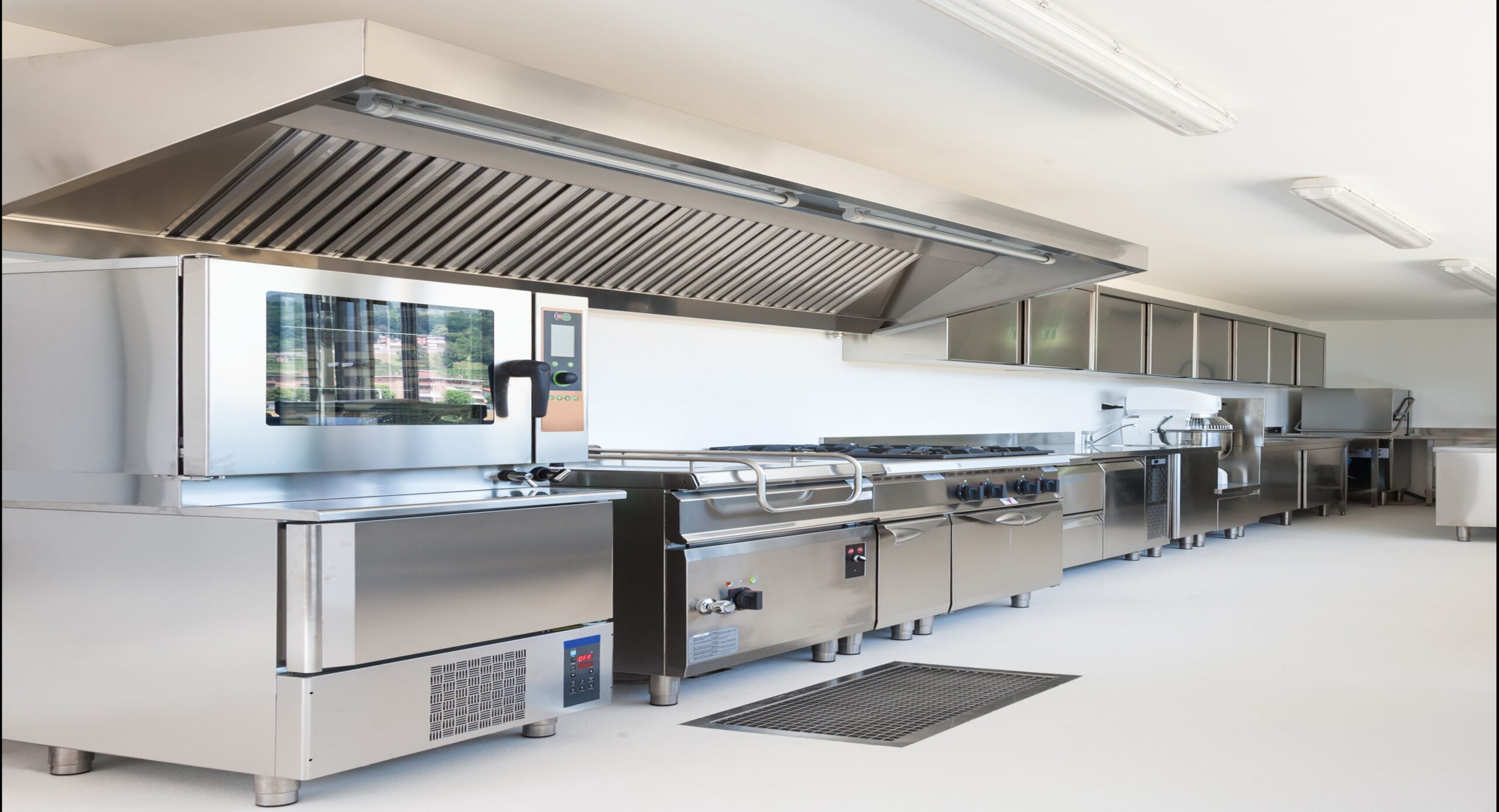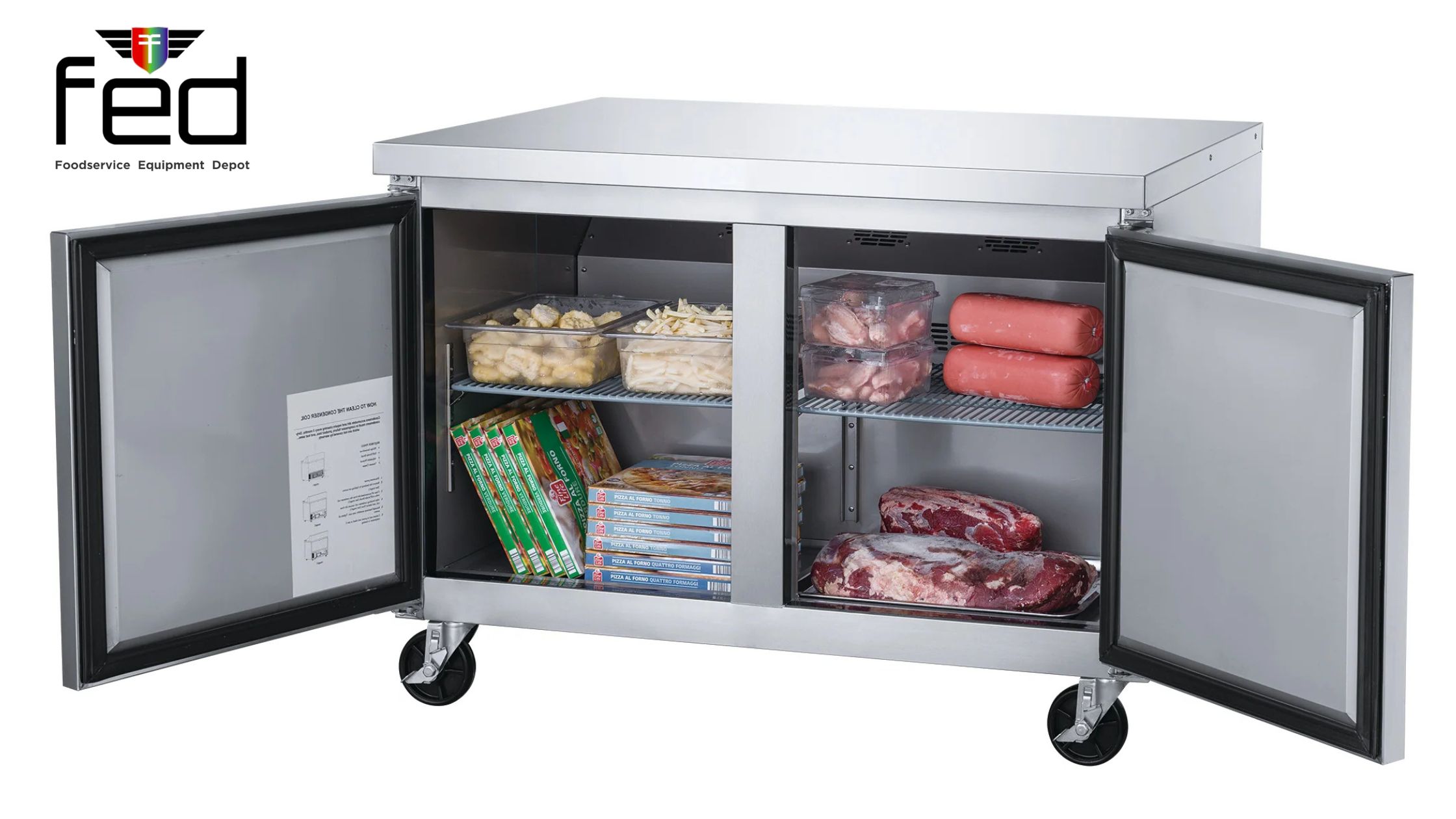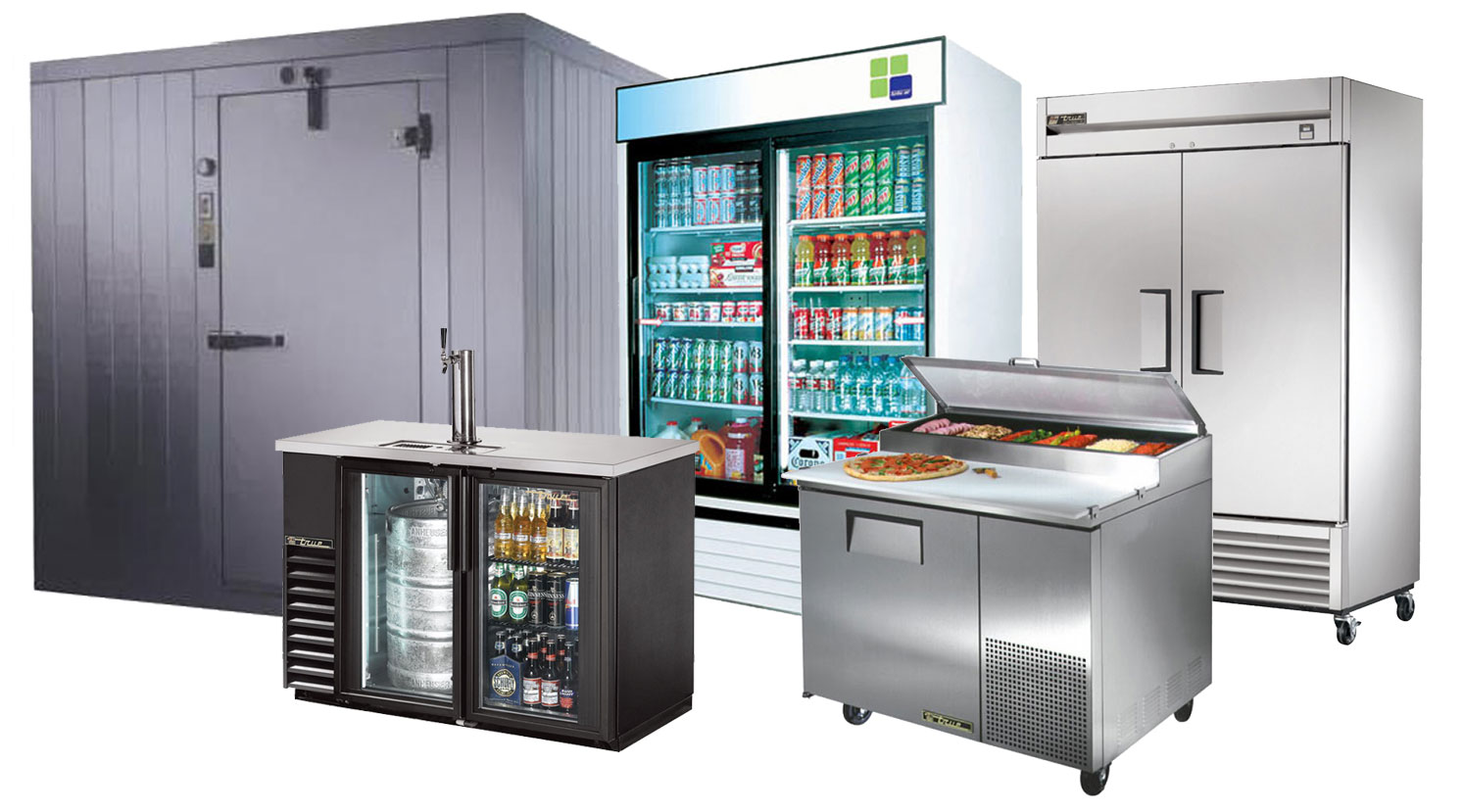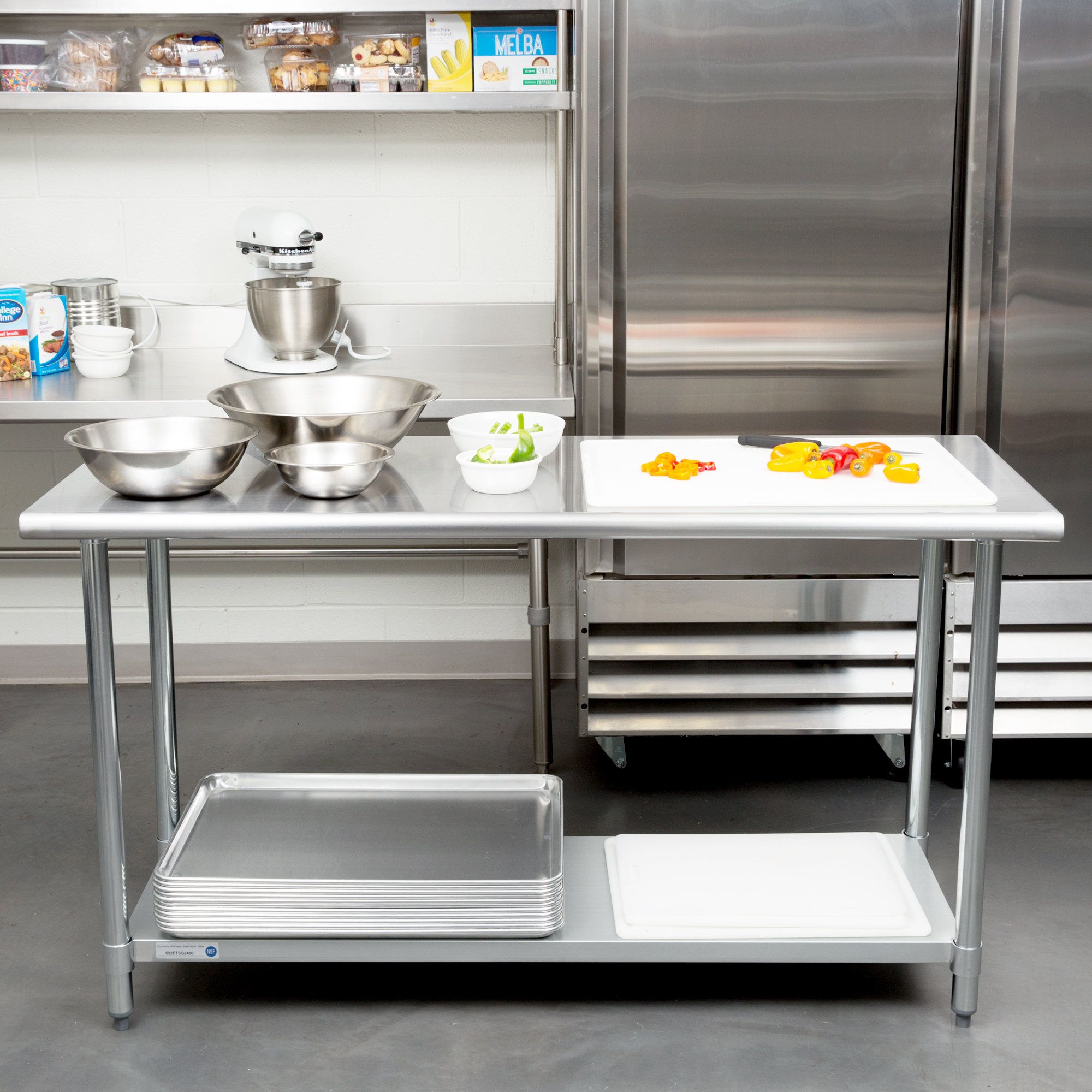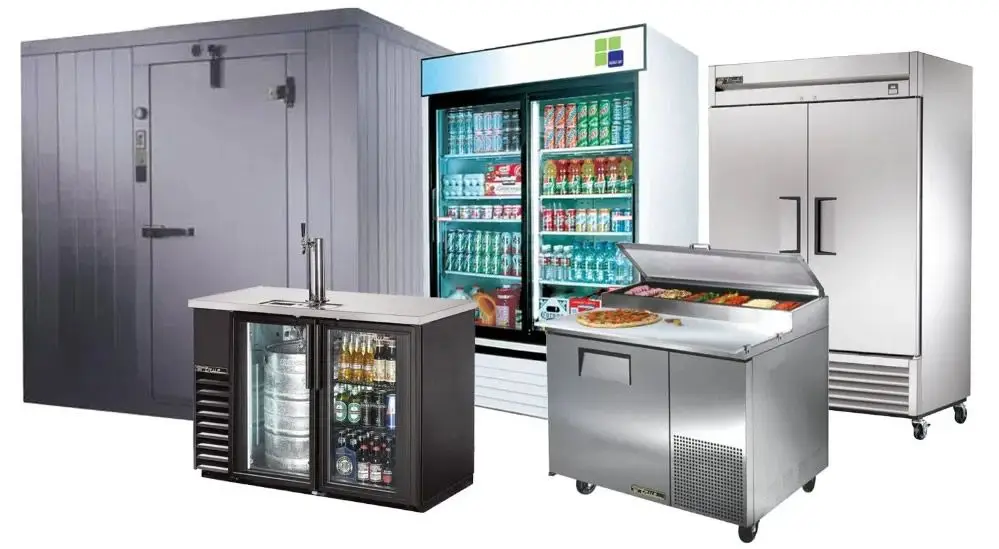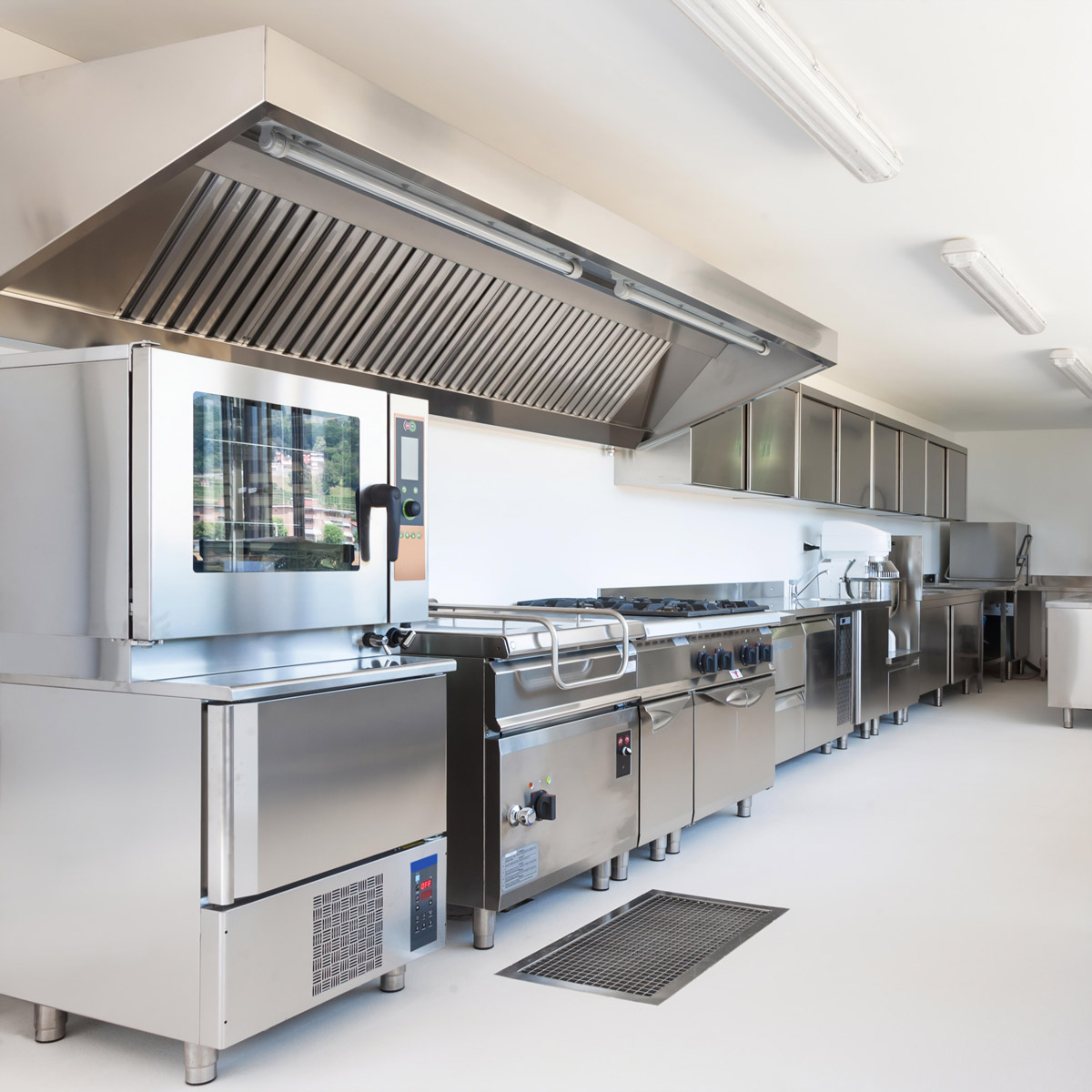
Ultimate Guide to Choosing New Restaurant Kitchen Equipment for Commercial Kitchens
Choosing New Restaurant Kitchen Equipment for a High-Performance Operation New Restaurant Kitchen Equipment: A Strong Foundation for Success Opening a new restaurant brings big decisions, especially when selecting new restaurant kitchen equipment that will support your team, streamline workflow, and deliver excellent food. From cooking equipment to sanitation tools, the
